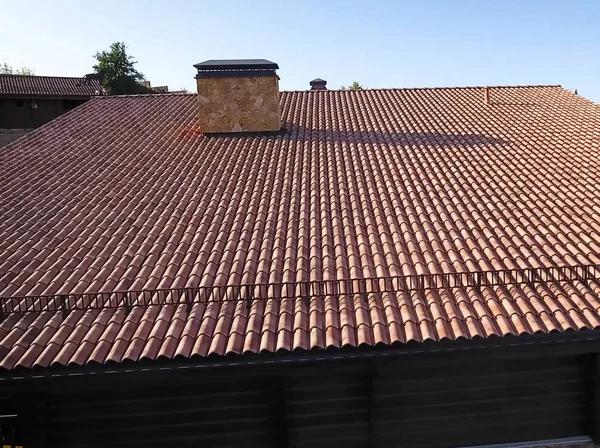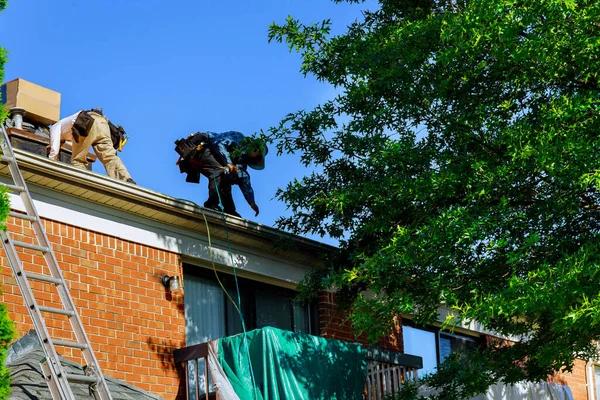Roof pitch, also known as the slope of a roof, is an important consideration in both roof replacement and installation projects. This critical factor determines the type of materials to be used, how water will drain off the roof, and ultimately impacts the overall aesthetics and functionality of a building.
The pitch of a roof refers to its steepness or incline, which is typically quantified by the vertical rise in relation to horizontal length. It’s often expressed as a ratio such as 4:12 or 6:12 where the first number represents the vertical elevation for every 12 units horizontally.
One major reason why roof pitch matters is due to its direct impact on material selection. For instance, low-slope roofs (pitch less than 3:12) require different roofing materials compared to steep-slope roofs (pitch above 3:12). Asphalt shingles are suitable for steeper pitches while metal or rubber membranes are more appropriate for lower pitches since they provide better waterproofing capabilities.
Furthermore, roof pitch plays an integral role in determining how effectively water drains from your rooftop. A flatter pitched roof may not shed water as quickly or efficiently compared to one with a steeper incline. This could lead to pooling of rainwater which increases the risk of leaks and structural damage over time if not properly managed.
In regions prone to heavy snowfall, higher pitched roofs are preferred because they allow snow accumulation to slide off easily thereby reducing weight-related stress on the structure. On contrary areas with high winds might benefit from lower-pitched designs that offer less resistance against wind uplift forces.
From an aesthetic perspective too, roof pitch significantly contributes towards defining architectural style and character of buildings. Steeply pitched roofs can lend an air of grandeur reminiscent of Gothic architecture whereas gently sloping ones evoke modern minimalistic vibes.
Moreover, understanding your home’s existing roof pitch can help you make informed decisions when planning extensions or modifications ensuring a harmonious blend with the original structure.
Lastly, local building codes and regulations often stipulate guidelines based on roof pitch. Ignoring these could lead to non-compliance issues during inspections which might delay or derail your project.
In conclusion, roof pitch is more than just an architectural detail. It influences material choice, water drainage efficiency, structural integrity under varying climatic conditions, aesthetics and even compliance with local building laws. Therefore it’s essential to take into account the importance of roof pitch while undertaking any roof replacement near me or installation project. Consulting with a professional roofer can provide valuable insights tailored to your specific needs ensuring that you make the right choices for your home.
The Roofing Dudes
123 Hilltop Business Center Drive, Pelham, AL 35124
659-221-6161




